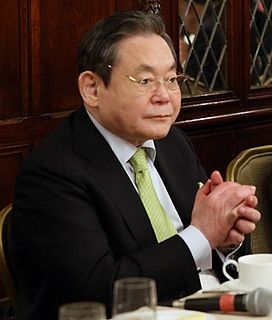A Quote by John Hickenlooper
What I remember most vividly was the sense of always being a little behind the other kids in class - that sense of I wasn't cut out for class or I wasn't cut out to read.
Related Quotes
It turned out I was pretty good in science. But again, because of the small budget, in science class we couldn't afford to do experiments in order to prove theories. We just believed everything. Actually, I think that class was called Religion. Religion class was always an easy class. All you had to do was suspend the logic and reasoning you were being taught in all the other classes.
What sense would it make to classify a man as handicapped because he is in a wheelchair today, if he is expected to be walking again in a month, and competing in track meets before the year is out? Yet Americans are generally given 'class' labels on the basis of their transient location in the income stream. If most Americans do not stay in the same broad income bracket for even a decade, their repeatedly changing 'class' makes class itself a nebulous concept. Yet the intelligentsia are habituated, if not addicted, to seeing the world in class terms.
The first class of readers may be compared to an hour-glass, their reading being as the sand; it runs in and runs out, and leaves not a vestige behind. A second class resembles a sponge, which imbibes everything, and returns it in nearly the same state, only a little dirtier. A third class is like a jelly-bag, which allows all that is pure to pass away, and retains only the refuse and dregs. The fourth class may be compared to the slave of Golconda, who, casting aside all that is worthless, preserves only the pure gems.
A theory of the middle class: that it is not to be determined by its financial situation but rather by its relation to government. That is, one could shade down from an actual ruling or governing class to a class hopelessly out of relation to government, thinking of government as beyond its control, of itself as wholly controlled by government. Somewhere in between and In gradations is the group that has the sense that gov't exists for it, and shapes its consciousness accordingly.

































